It will be an uncertain year for Ireland. The Irish economy has for a long time been artificially propped up by the billons it accrues in tax revenues from American tech companies based in the country. Many dread Donald Trump’s return, fearing he will force these firms to move back to the US.
Those fears have been compounded by the Irish government’s bizarre quest to stigmatize and sanction Israel — perhaps the only country in the world to be more popular in American minds than Ireland. In February, then-taoiseach Leo Varadkar and Spanish president Pedro Sánchez wrote to EU Commission president Ursula von der Leyen and asked her to conduct an “urgent review” into the bloc’s trade relationship with Israel. In October, the new taoiseach, Simon Harris, said Ireland would not wait “for everybody in Europe to move on the issue of trade [with Israel].”
The fact that the only official Irish recognition of Hanukkah came from a short press release issued by the Department of Foreign Affairs further compounded the sense of abandonment felt by many of Ireland’s rapidly dwindling Jewish community.
That sentiment was also expressed by Dubliner Tom Hand, whose daughter, Emily, was kidnapped on October 7. The long-time resident of Israel has stated that he would no longer feel safe returning to his native country, such is the increasingly vociferous dislike of Israelis, and by obvious extension, Jews themselves.
The fact that the boardwalk along the pier in his hometown of Dun Laoghaire was vandalized over the Christmas period and emblazoned with graffiti saying “Zionists not welcome,” rather proves his point.
Relations between Ireland and the US will be more crucial than ever before in the next twelve months, and the indicators are not good.
J.D. Vance has already warned the Irish government about the possibility of sanctions should the long-proposed Incitement to Hate Speech Bill become enacted into law — and while that prospect seems remote, the proposed legislation has been placed back into prominence.
A former justice minister, Helen McEntee, has used this legislation as her personal legacy project; and if she returns to her department, that will be her first order of business. There had been reports that the cabinet reshuffle would see her reduced to the role of minister for enterprise, but as the Irish Daily Mail reported in the last week of December, one senior politician remarked that If Helen wants justice [the department], she will get it.”
The Hate Speech Bill originates from the government’s obsession with dealing with the so-called “far-right.” In the aftermath of the now infamous Dublin riots in November 2023, Micheál Martin and other senior politicians were quick to point the finger of blame at the right-wing political fringes.
Much like Ireland’s referendums last March which looked to redefine the terms of women and the family, the hate speech laws are being pushed by Ireland’s burgeoning NGO class. There are currently more than 8,000 NGOs operating in Ireland, employing nearly 200,000 people — the last decade has seen them become Ireland’s least-discussed growth industry. The likes of Amnesty Ireland, the Irish Council for Civil Liberties (ICCL), the Irish Traveller Movement (ITM) and Trans Equality Network Ireland (TENI) are pressing the hate speech laws.
But despite the stalemate of the December elections, which kept Fine Gael and Fianna Fáil in power, there is a hope that the new cabinet will listen to the public’s disgruntlement and stop kowtowing to vested interest groups masquerading as NGOs.
One thing is for sure, though. The new regime will have to placate an angry public and quickly mend any the fences they have broken with both the Americans and the Israelis.



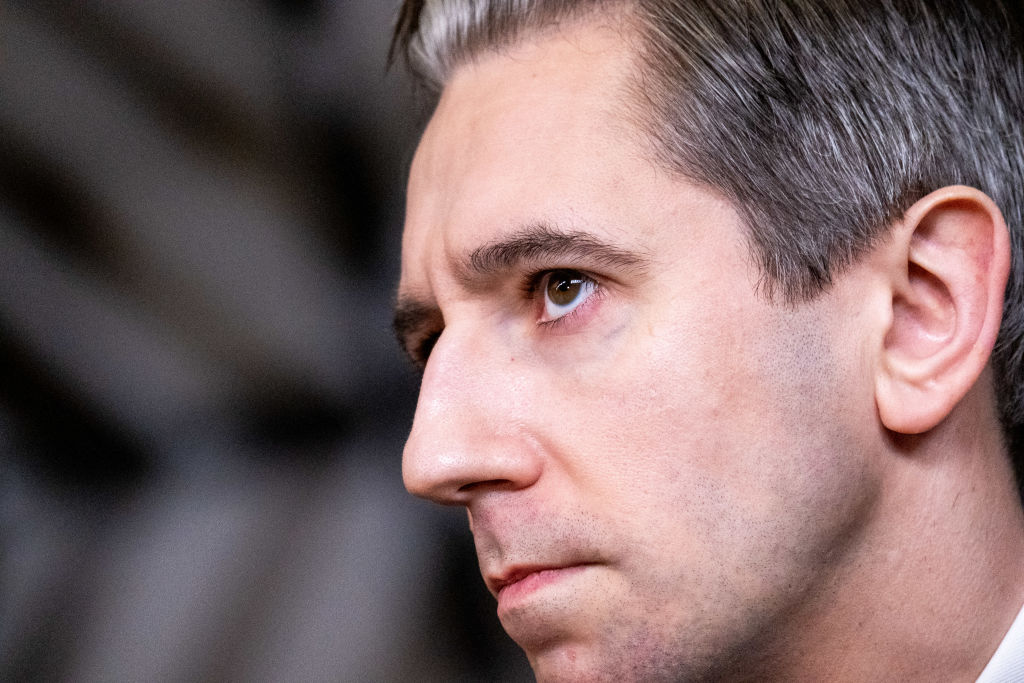









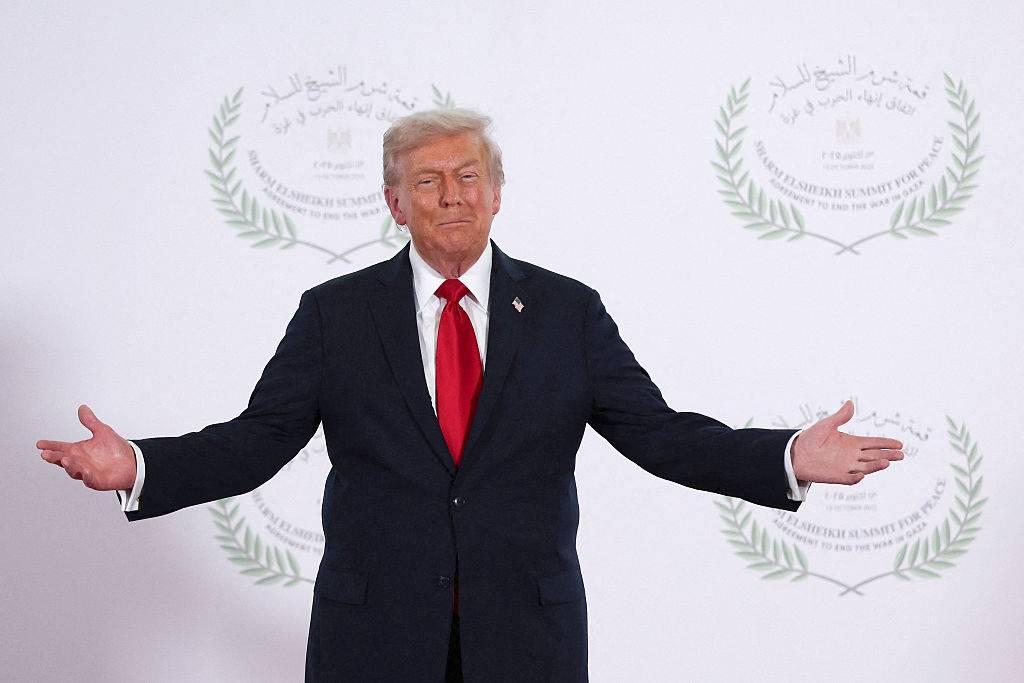
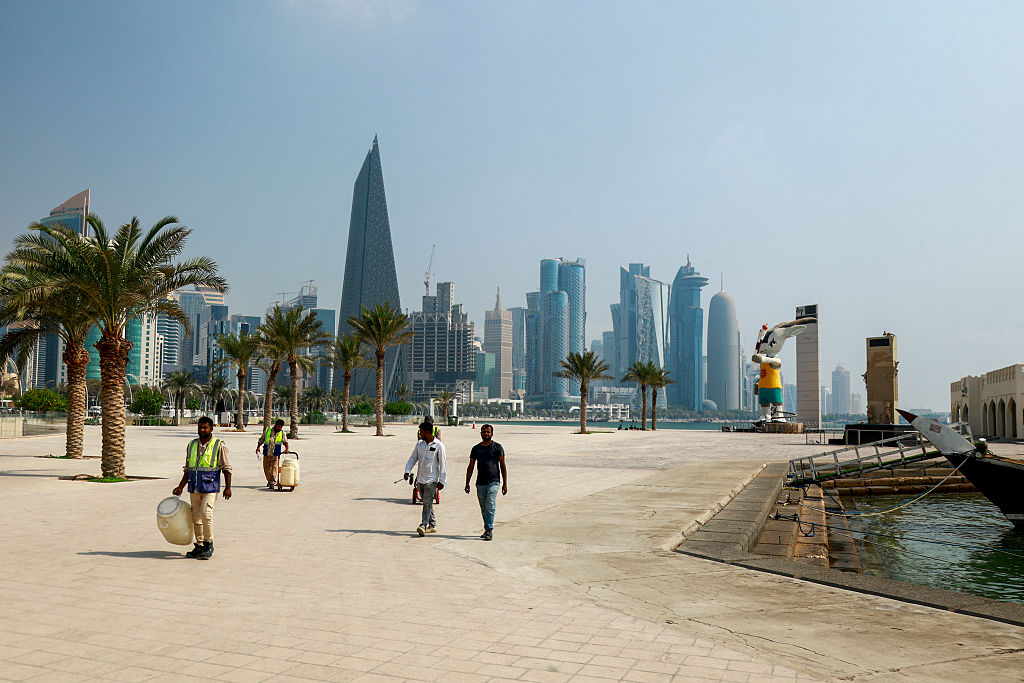
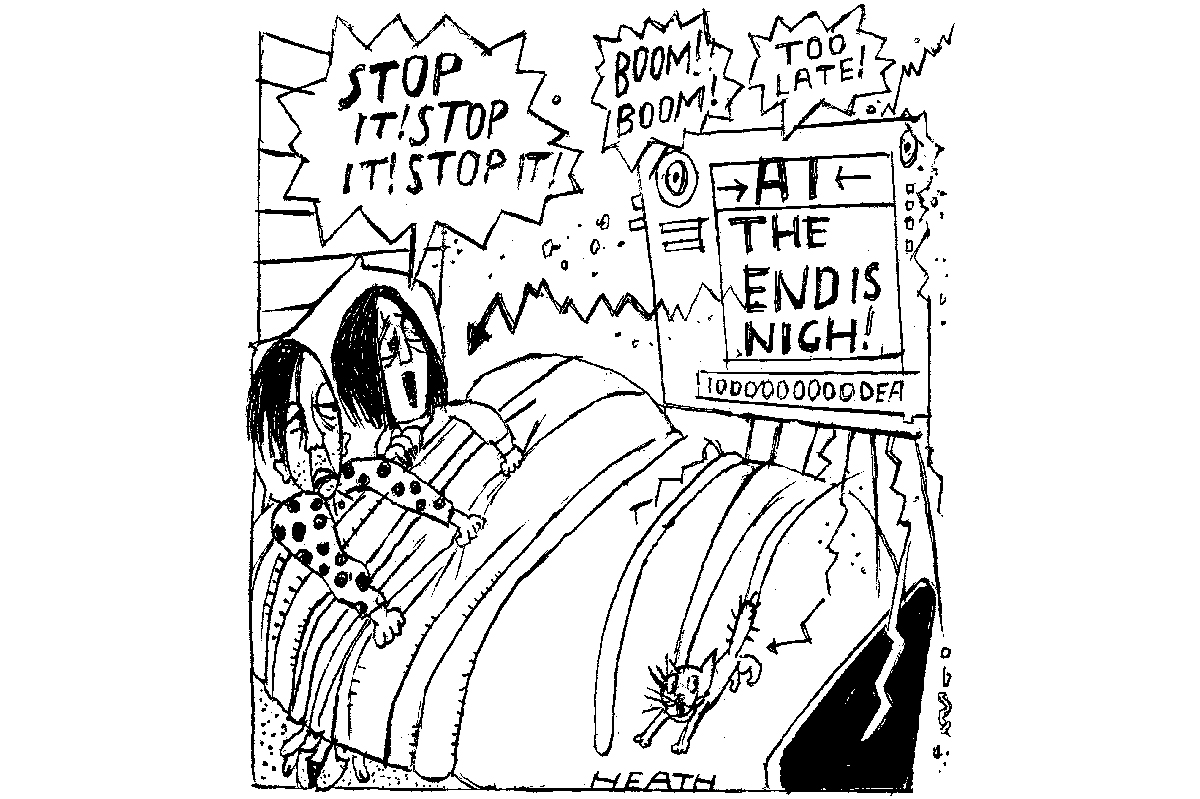


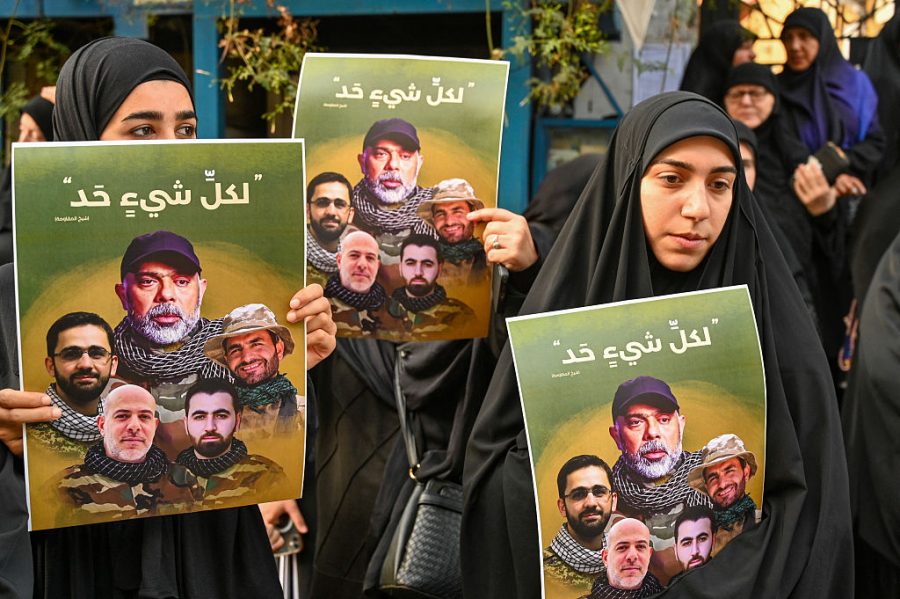







Leave a Reply